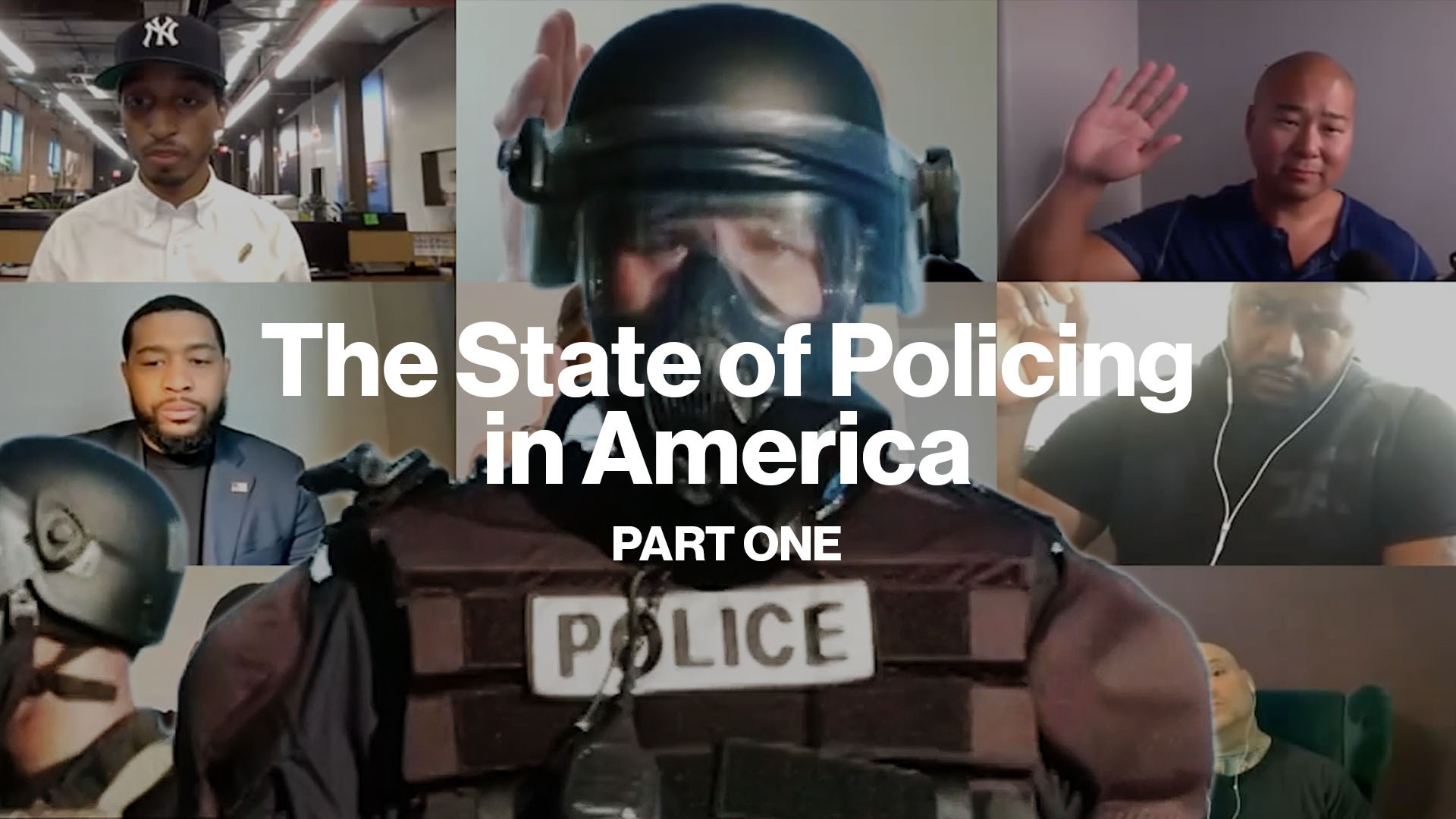A Facebook image of Ioan-Florin Floria (R)
More than 13 years since he was arrested, eight years since he was acquitted, and two years since he was fired for professional misconduct, and roughly one million dollars in salary later, Ioan-Florin Floria is off the Toronto Police Service payroll—for now. Floria’s dismissal follows a ruling from the Ontario Civilian Police Commission, where he appealed his 2018 firing from the TPS. A TPS tribunal previously found the former traffic cop guilty of four counts of professional misconduct, but Floria’s ongoing appeal stayed the dismissal penalty. He remained on the TPS payroll until this week.“He has been dismissed with no pay following the decision,” a TPS spokesperson said in an email on Thursday. Lawyer Lawrence Gridin would not say whether his client will launch another appeal. If he does, Gridin said, Floria would remain employed while the appeal proceeds. A TPS spokesperson confirmed Friday that in the event of an appeal, Floria “will be paid unless the court directs otherwise.”Infamously, Floria made roughly a million dollars while serving his suspension. He made over $109,000 in 2019, according to provincial disclosures. Floria was arrested in 2007 and charged with several crimes, including accessory after the fact to a kidnapping. Police alleged Floria “was closely associated with an Eastern European criminal organization.” His 2012 acquittal cleared the way for the workplace misconduct hearing that led to his OCPC appeal. The criminal and disciplinary cases against Floria relied heavily on the testimony of a man whose identity is protected by a publication ban. His initials are S.T.Speaking through an interpreter and via video link, S.T. told the tribunal he was involved in illegal marijuana production in 2005 when he was kidnapped and held for a ransom. After his release, he reported his kidnapping to Floria, who he knew socially. The officer told him to lay low and promised to investigate, S.T. recalled.Floria seized surveillance images from the kidnapping scene and a gas station close to where the ransom money was dropped. S.T. told the tribunal Floria claimed surveillance video from his residential building was deleted before he could view it.The investigation turned up nothing. S.T. spoke to internal affairs investigators in 2006, frustrated that his kidnapping was unsolved, the tribunal heard. Investigators suspected the covert investigation was Floria’s way of covering for friends who might have been involved in the abduction. Floria’s lawyers attacked S.T.’s credibility, first during the disciplinary trial, and while appealing three of his four tribunal convictions: for not reporting and suppressing information related to S.T.’s kidnapping; for sharing the results of an unauthorized database base query with S.T.’s brother; and for failing to report and suppressing information about another 2005 kidnapping. In affidavits viewed by VICE News, Toronto police investigators said the T brothers “feared reprisals” after S.T. shared information that led to drug and conspiracy charges against “close personal associates” of Floria. The brothers were in a witness protection program, but found it “too oppressive,” and left the country, according to the affidavits.Now-retired Supt. Debra Preston, who oversaw the disciplinary hearing, said in a ruling that the brothers received “one-time relocation assistance outside of Canada.”“Here’s a guy who basically wanted to get something from the police,” Gridin said. “He felt his life depended on it. And that’s a pretty good motivation to…make a story juicier.”S.T. told the tribunal that he lied to police about surveillance images Floria gave his brother—S.T. initially told police he received the images directly from Floria, a lie intended to keep his brother away from the investigation, he said. S.T. frequently appeared exhausted and confused during a long cross-examination at the tribunal.The OCPC found Preston evaluated S.T.’s evidence appropriately. “She was aware that S.T. admitted to committing perjury and was involved in the cultivation of illegal drugs,” the commission said in its ruling. “That was the lens through which she viewed the evidence of an admitted unsavoury witness.”The commission also highlighted a memo Floria wrote in 2007, in which he admitted to investigating “a possible assault/kidnapping.”“At the beginning, I seemed to believe everything the victim described,” Floria wrote. “After looking at the video tapes (sic) and speaking with his brother, I wasn’t quite sure what really happened.”
“She was aware that S.T. admitted to committing perjury and was involved in the cultivation of illegal drugs,” the commission said in its ruling. “That was the lens through which she viewed the evidence of an admitted unsavoury witness.”The commission also highlighted a memo Floria wrote in 2007, in which he admitted to investigating “a possible assault/kidnapping.”“At the beginning, I seemed to believe everything the victim described,” Floria wrote. “After looking at the video tapes (sic) and speaking with his brother, I wasn’t quite sure what really happened.”
Advertisement
Advertisement
Advertisement
